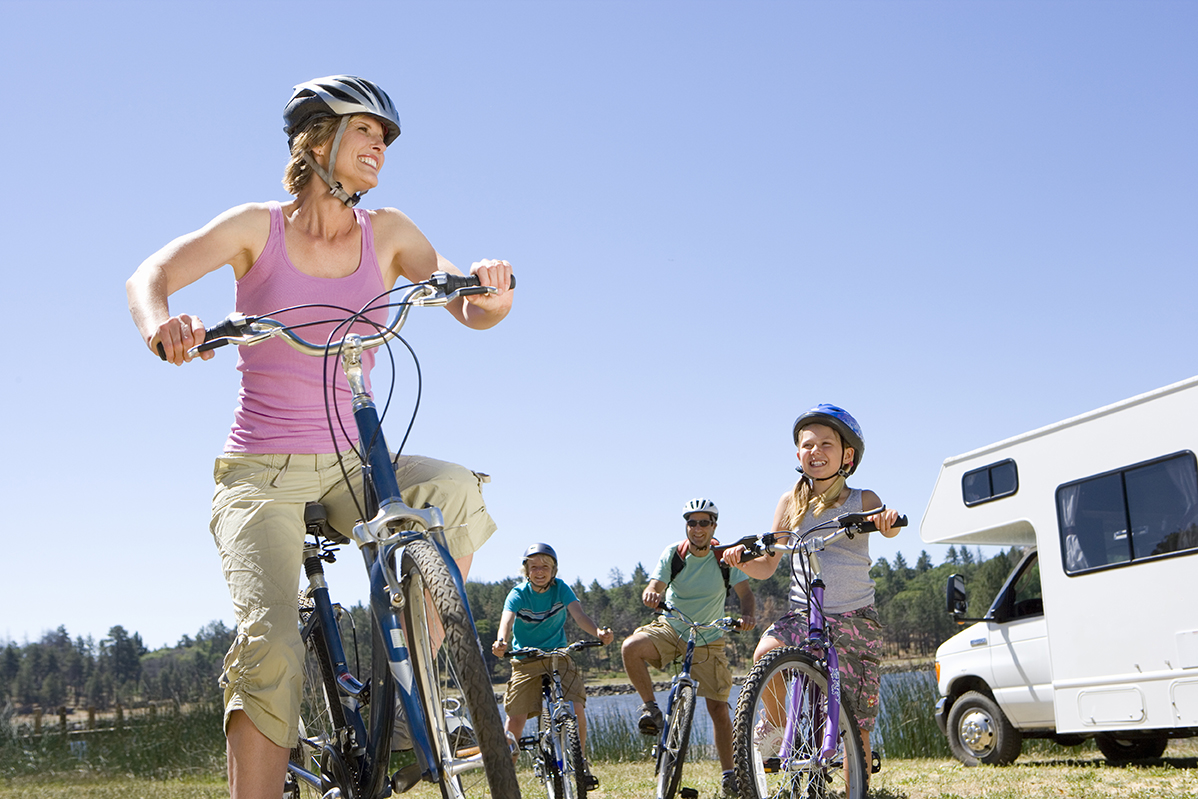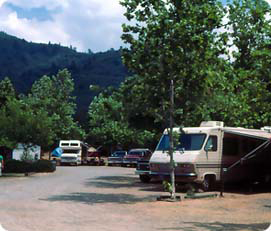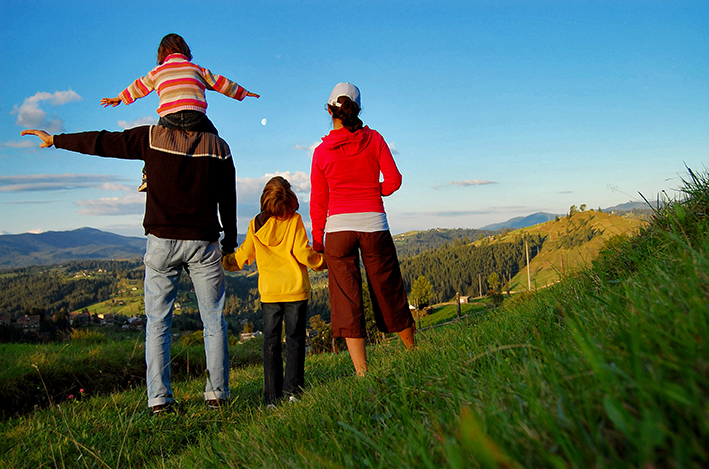With summer comes the relaxing lazy days of family vacations. Some driven, and others towed, campers of all sizes, shapes, and colors will soon dot the landscape. Recreational vehicles (RVs) are able to accommodate quite a few family members which can make for some very memorable summer vacations.

Enjoying the benefits of an RV vacation is easy enough, as long as your camper has been well-maintained. Proper planning and preparation for your next RV campground stay should include the following tasks.
1. Remember the necessities.
The most necessary items for any camper vacation are those accommodating the most basic human needs. Things such as drinking water hoses and bottles, water and sewer supplies, and parking blocks, are essential to everyone’s health and safety.
2. Consider a few extras.
Beyond the things one must bring, those staying at RV campgrounds will often include bicycles, playing cards, craft projects, and more. A variety of available activities for all ages will go a long way to keeping everyone entertained.
3. Keep up on the basics.
Batteries used to power campers or RVs should not be left unused for long periods of time. Generators and RV engines should be turned over every two to three months during the off-season. The fluids and filters should be checked and changed before use as well.
4. Look it over each month.
Water damage is an RVs worst enemy. Repairing damage to a camper can be costly. The owners of campers should be sure to check its seams for cracks once a month in order to prevent leaks.
5. Save money with DIY.
Unless your RV is very large or includes complicated systems, they are quite easy to maintain at home. Changing the oil, checking the tires, and much more can be done by the owner himself. This cost-effective approach also helps if something happens to go wrong with your camper.
6. Keep thorough records.
Keeping up on the maintenance only goes so far. A detailed record of any repairs, maintenance, or damages should be kept in your RV at all times. The most important reason for this is to ensure that tasks of varying schedules are kept up-to-date.
7. Reserve your campsite.
Once you have decided on the dates of your vacation, you will want to contact your preferred RV campground right away. Otherwise, you run the risk of not having access on your chosen dates and could miss out on some great experiences.
8. Verify the documents.
Depending on the size and type of camper you own, you will be required to pay registration fees before operating it on public roads. If forgotten, you will likely be pulled over, and at the very least, ticketed, by law enforcement. You must also have proof of required insurance coverage.
9. Plan your meals early.
Planning what you would like to eat while on the road, or during your stay, can begin months before your vacation takes place. Involving the kids in meal planning is both fun and educational. Plus, a detailed menu saves a lot of time during your actual trip.
10. Purchase and pack supplies.
Beginning with non-perishable items, such as bedding and dry goods, making purchases and packing the camper can be started weeks before you are scheduled to leave. Detailed lists for each store or service provider will help you avoid forgotten items.
The hot, endless days of summer leads most families toward their favorite swimming pools, ocean beaches, and lakeside RV campgrounds. Some will fish, others swim, and others go boating. As long as you think ahead, and begin planning early on, your family is sure to enjoy nothing less than a very pleasant summer holiday.



